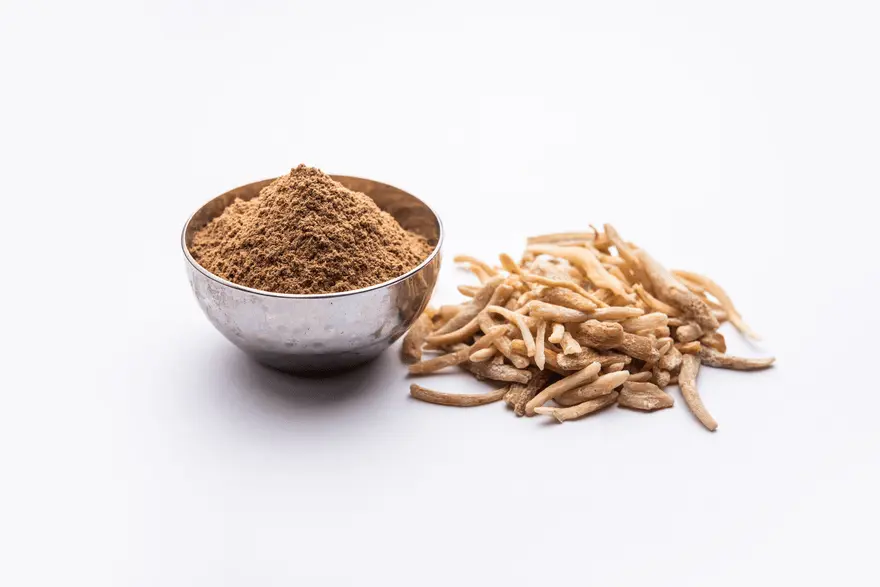Preventive Healthcare
Understanding Nasal Polyps: Symptoms, Treatment, Causes & Removal
1196 Views
0

What are nasal polyps?
Nasal polyps are non-cancerous growths that develop in the lining of the nasal passages or sinuses. These soft, painless swellings vary in size and may appear singularly or in clusters. They typically result from chronic inflammation, leading to the enlargement of the mucous membrane that lines the nasal cavity.
Nasal polyps may affect one or both nostrils and can obstruct the nasal passages, leading to difficulty breathing and other nasal polyps symptoms. Understanding the nasal polyps types, causes, signs, and treatment options is crucial for managing this condition effectively.
What are the symptoms of nasal polyps?
Nasal polyps can manifest in a variety of ways and may often affect the overall quality of your life. The primary nasal polyps symptoms are:
- Nasal congestion (stuffy nose)
- Rhinorrhea (runny nose)
- Headaches
- Loss of taste and smell
- Nosebleeds
- Postnasal drip (secretions from the nose that drain down into the throat, causing congestion and cough)
- Sinus pressure
- Snoring
When nasal polyps grow large enough, they can block your nasal passages and sinuses, resulting in:
- Frequent asthma attacks (in asthma patients).
- Repeated sinus infections (sinusitis).
- Sleep disorders
What are the causes of nasal polyps?
The exact nasal polyps causes are unclear, but they are often associated with chronic inflammation of the nasal passages and sinuses. Common nasal polyps causes include:
- Allergies
- Asthma
- Chronic Sinus Infections
- Immune system disorders
- Aspirin sensitivity
What are the risk factors of nasal polyps?
Several factors can increase the likelihood of developing nasal polyps, such as:
- Asthma
- Allergic rhinitis (hay fever)
- Chronic sinus infections
- Cystic fibrosis (a genetic disorder causing sticky, thick mucus build-up in organs, including the lungs and the pancreas)
- Hypersensitivity to certain NSAIDs (nonsteroidal anti-inflammatory drugs) such as aspirin, ibuprofen, etc.
- Genetic issues that may impact the reaction of nasal tissues to inflammation.
What are the complications of nasal polyps?
Nasal polyps, if left untreated or poorly managed, can lead to several complications, impacting both nasal health and overall well-being:
- Chronic Sinus Infections: Nasal polyps can obstruct sinus drainage, leading to recurrent sinus infections (sinusitis) that may be difficult to treat
- Breathing Difficulties: Large nasal polyps can block your nasal passages, causing breathing problems, particularly during sleep. Severe obstruction may lead to sleep apnea.
- Reduced Sense of Smell and Taste: As nasal polyps obstruct the nasal passages, they can impair your sense of smell (anosmia) and taste (dysgeusia)
- Asthma Exacerbation: Nasal polyps can worsen your asthma symptoms by exacerbating nasal congestion and inflammation, leading to more frequent asthma attacks.
- Spread of Infection: Infections associated with nasal polyps can spread to nearby structures, such as your eyes or brain, causing serious complications such as meningitis (brain and spine infection) and abscesses (pus in tissues or organs) if left untreated.
- Challenges in Nasal Polyps Treatment: Recurrent or persistent nasal polyps may pose challenges in treatment, requiring more aggressive management strategies or surgical intervention.
How do doctors diagnose nasal polyps?
- Diagnosing nasal polyps typically starts with a physical examination and medical history review.
- During the examination, doctors inspect the nasal passages using a nasal speculum. They may use a lighted instrument called an endoscope to identify characteristic nasal polyps symptoms such as nasal congestion and diminished sense of smell. Imaging tests like CT scans may be employed to visualise the extent and location of the nasal polyps.
- Allergy testing might also be recommended to identify potential triggers.
Through these methods, healthcare providers can accurately diagnose nasal polyps and develop a tailored nasal polyps treatment plan for their patients.
What tests are used to diagnose nasal polyps?
Several tests are employed to diagnose nasal polyps accurately.
- Nasal Endoscopy: A nasal endoscope is used to examine the nasal passages closely, allowing doctors to view any nasal polyps present.
- Imaging Studies: Computed tomography (CT) scans provide detailed images of the sinuses, helping identify the size, location, and extent of nasal polyps.
- Allergy Testing: Allergy tests may be conducted to determine if allergies contribute to nasal inflammation and nasal polyps formation.
How are nasal polyps treated?
Nasal polyps are typically managed through a combination of medication and, in some cases, surgery.
Medication
Medication is often the first-line nasal polyps treatment. Corticosteroids, either in nasal spray or oral form, can help reduce inflammation and shrink nasal polyps. Antihistamines (anti-allergics) and decongestants may also be prescribed to alleviate symptoms such as congestion and runny nose.
Surgery for nasal polyps
When medication fails to provide relief or if nasal polyps are large and obstructive, surgery may be recommended, especially in cases of nasal polyps in childhood. Endoscopic sinus surgery involves nasal polyps removal and improving sinus drainage. This minimally invasive procedure helps restore nasal airflow and alleviate symptoms.
Can nasal polyps be prevented?
While it is not always possible to prevent nasal polyps, the following certain measures may help reduce the risk of their development or recurrence.
- Manage Allergies: Taking steps to control allergies can help prevent nasal inflammation, a common precursor to nasal polyps formation.
- Avoid Irritants: Minimise exposure to airborne irritants like cigarette smoke and pollution, which can exacerbate nasal inflammation.
- Treat Sinus Infections Promptly: Treating sinus infections promptly can prevent chronic inflammation that may lead to nasal polyps development.
- Use a Nasal Rinse: Washing the inside of the nose with saltwater sprays or nasal washes helps remove irritants from the passage.
- Maintain Good Nasal Hygiene: Regular nasal irrigation can help keep nasal passages clear and reduce the risk of nasal polyps formation. Using clean humidifiers prevents the nose from getting stuffy and irritated.
What can I expect if I have nasal polyps?
If you have nasal polyps, you can have nasal congestion, difficulty breathing through the nose, facial swelling, snoring, and reduced taste and smell. Nasal polyps treatment can effectively eliminate these swellings and improve nasal breathing. For those experiencing loss of taste and smell, some may not get it back entirely, even after nasal polyps are treated.
Conclusion
In conclusion, nasal polyps can significantly impact one's quality of life, causing stuffy nose, loss of crucial senses like taste and smell and facial pain. However, with proper diagnosis and treatment, individuals can find relief from these nasal polyps symptoms.
Experience comfort from nasal polyps with Metropolis Healthcare. Our expert team offers comprehensive diagnosis and personalised treatment plans to help you breathe easier. Schedule your appointment now and take the first step towards healthier sinuses.























 WhatsApp
WhatsApp